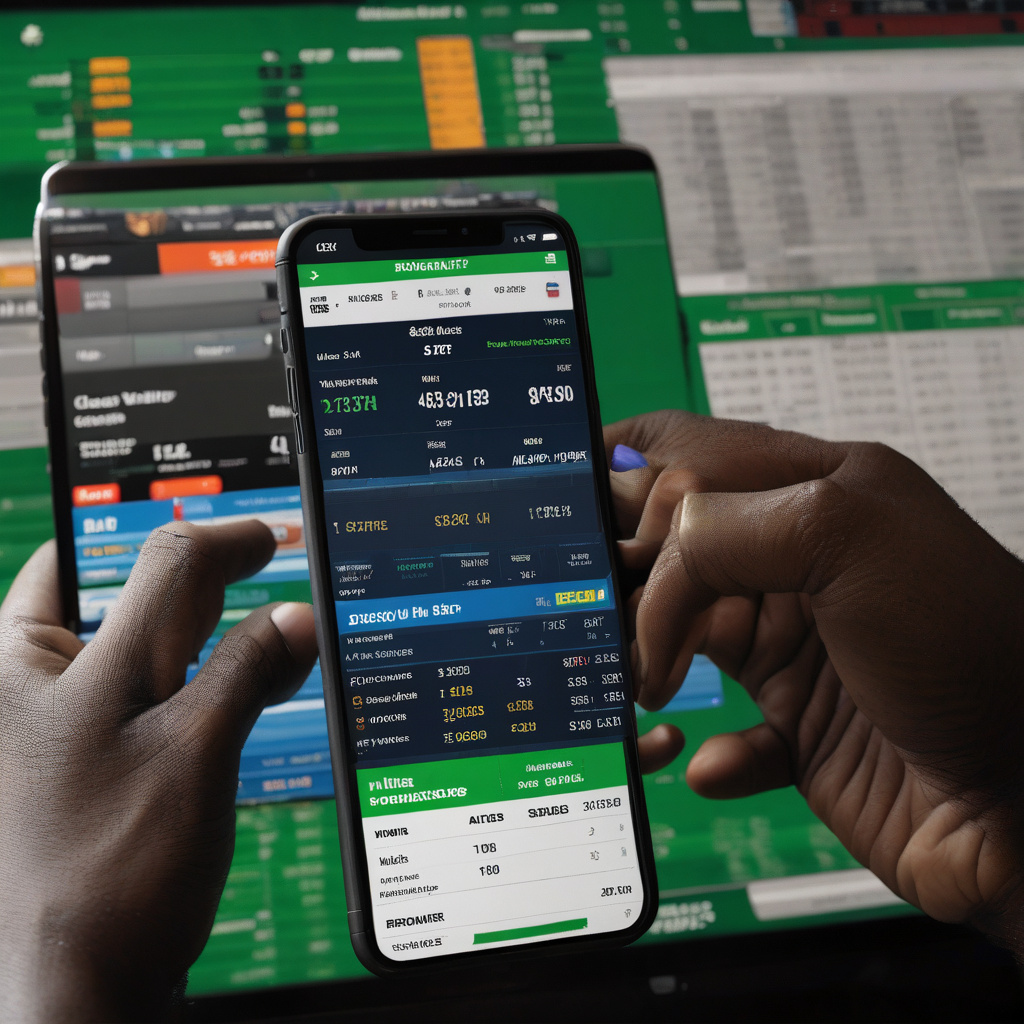FanDuel Adds 50-Cent Surcharge on Illinois Bets to Offset State Taxes, DraftKings May Follow
In a significant move that reflects the evolving landscape of sports betting in Illinois, FanDuel has announced the implementation of a new surcharge on all bets placed through its platform. This decision comes as the state government seeks to collect revenue through a tax structure that directly impacts sportsbooks. As of now, FanDuel is charging an additional 50 cents per wager, but the surcharge is tiered, with an initial 25 cents applied to the first 20 million bets. Following that threshold, the fee doubles to 50 cents per wager. This adjustment has prompted discussions about whether competitors like DraftKings will follow suit, further altering the betting experience for consumers.
The Illinois sports betting market has witnessed remarkable growth since its legalization in 2019. With a diverse array of betting options available, including mobile and in-person wagering, the state has become a lucrative arena for sportsbooks. However, the state government has imposed a complex tax schedule that places a considerable burden on these companies. The new surcharge introduced by FanDuel is a strategic response to this regulatory environment, aiming to maintain profitability while ensuring compliance with state tax obligations.
For consumers, this surcharge represents a new cost that could influence their betting behavior. While 50 cents may seem nominal on the surface, it can add up significantly for avid bettors who engage in multiple wagers. For instance, a bettor placing 10 bets in a single day could find themselves facing an additional cost of $5. This expense may deter casual bettors from participating, particularly if they perceive the surcharge as excessive. Moreover, it raises questions about how this pricing strategy will impact FanDuel’s market share in Illinois.
The tiered structure of the surcharge is particularly noteworthy. By imposing a lower fee on the first 20 million wagers, FanDuel seems to be attempting to mitigate backlash from both new and existing customers. This approach not only aims to encourage initial engagement but also seeks to establish a sense of fairness within the betting community. However, the shift to a higher surcharge after reaching the threshold could lead to frustration among customers who may feel penalized for their loyalty.
DraftKings, a major competitor in the sports betting landscape, is closely monitoring FanDuel’s move. As they consider their own pricing strategies, the potential for a similar surcharge could have significant implications for the overall market dynamic within Illinois. If DraftKings follows suit, it could create a competitive environment where consumers must weigh the costs associated with each platform. This could lead to increased price sensitivity among bettors, forcing sportsbooks to find innovative ways to attract and retain customers.
The Illinois Gaming Board has noted that the state’s sports betting tax rate is among the highest in the nation, with a 15% tax applied to sports betting revenue. This heavy taxation has led to heightened operational costs for sportsbooks, prompting companies like FanDuel to explore alternative revenue streams. The surcharge is a clear indication of how sportsbooks are adapting to these financial pressures while still striving to provide value to their users.
In light of this new surcharge, bettors may begin to reassess their choices, factoring in additional costs when deciding where to place their wagers. This situation could lead to increased competition among sportsbooks as they seek to differentiate themselves through promotions, bonuses, and improved user experiences. If DraftKings does choose to implement a similar surcharge, it would further intensify the competition, compelling both companies to innovate in terms of product offerings and customer engagement.
In conclusion, FanDuel’s decision to implement a 50-cent surcharge on Illinois bets is a clear response to the state’s demanding tax structure. While it may help offset operational costs, it also raises important questions about consumer behavior and market dynamics. The potential for DraftKings to follow suit could further reshape the landscape of sports betting in Illinois, as both companies navigate the challenges of taxation while striving to maintain a loyal customer base. As the situation unfolds, bettors in Illinois will need to stay informed and consider the implications of these changes on their wagering strategies.
sports betting, FanDuel, Illinois, DraftKings, sportsbook
